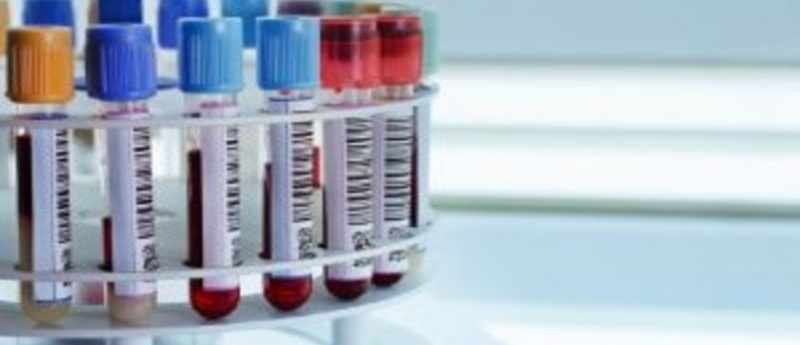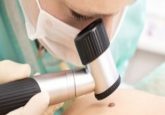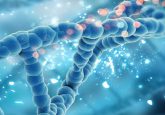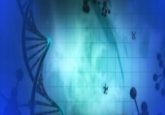SABCS15: Could liquid biopsy predict therapy response and prognosis in breast cancer?

The potential of liquid biopsy in breast cancer has been hinted at in two Phase III studies presented at the 2015 San Antonio Breast Cancer Symposium (8–12 December, TX, USA). The studies, both led by Memorial Sloan Kettering Cancer Center (MSK; NY, USA), suggest that the technique could help predict therapy response in women with advanced disease and reveal genetic mutations that can impact prognosis.
“Testing for mutations in the blood can help identify the population of patients who may benefit most from certain drugs or combinations,” commented José Baselga, Physician-in-Chief at MSK and one of the study leads. “The liquid biopsy analyses in these two studies gave us incredibly important information. Going forward, liquid biopsy will become standard practice for testing new drugs and monitoring response to current therapies.”
The first of the liquid biopsy results presented were from the BELLE-2 trial and determined that detection of PIK3CA mutations in the blood can predict how some patients with advanced disease respond to experimental agent buparlisib. Buparlisib inhibits the PI3K pathway, which is activated by mutated PIK3CA, potentially increasing sensitivity to hormone therapy.
Blood samples from the 587 patients entering the Phase III BELLE-2 trial were analyzed – the trial itself is investigating the safety and effectiveness of adding buparlisib to fulvestrant to treat women with ER-positive breast cancer who have developed resistance to aromatase inhibitors.
While efficacy of the combination was observed in all patients who received it, in the 34 % of patients with a PIK3CA mutation (n = 200), those that received buparlisib plus fulvestrant had 7 months of progression-free survival (PFS), compared with 3.2 months PFS for those receiving fulvestrant plus a placebo.
“These effects are quite dramatic in patients with the PIK3CA mutation — an increase from 3 months [PFS] to 7 months is huge,” stated Baselga. “For the first time, we show that inhibiting the PI3K pathway may be a viable option for patients with hormone therapy-resistant breast cancer.”
Patients in whom a PIK3CA mutation was not detected did not derive any benefit from addition of buparlisib to therapy. Side effects of the combination appeared to be significant, with a total of 25 % of patients experiencing serious adverse effects – another reason why selecting patients who will benefit from therapy would be advantageous.
The second study – BOLERO-2 – found that among women with advanced ER-positive breast cancer, those with a detectable mutation in one or both of the D538G and Y537S estrogen receptor genes were associated with significantly worse overall survival.
“There is a real diversity in how tumors respond to drugs targeting the ER receptor, and therefore a real diversity in patient outcomes,” explained Sarat Chandarlapaty, study lead also of MSK. “We wanted to find out whether mutations in this receptor are common in patients with advanced breast cancer – and if so, whether that affects how well the patients respond to treatment. This study shows us that women with the mutations don’t respond to the currently used therapies as well and die from their disease sooner.”
Specifically, the team analyzed liquid biopsies from the 541 patients enrolled in BOLERO-2, which demonstrated that the addition of everolimus to the aromatase inhibitor exemestane improved outcomes for most patients. The biopsies revealed that 83 patients harbored a D538G mutation and 42 harbored an Y537S mutation. Both mutations were found to present in the samples from 30 of the patients.
Outcomes differed based on the presence of these mutations, regardless of treatment received in the trial. In patients without either mutation, median overall survival was approximately 32.1 months. Patients carrying a D538G mutation had a median overall survival of 26 months, and in those with the Y537S mutation overall survival was 20 months. In those with both mutations, overall survival was demonstrated to be 15.2 months.
“This is a vital point for the medical community – a simple blood test proves to be quite sensitive in detecting very important genetic alterations and has the potential to help make breast cancer care more precise and effective,” concluded Chandarlapaty.
Source: MSK press release




